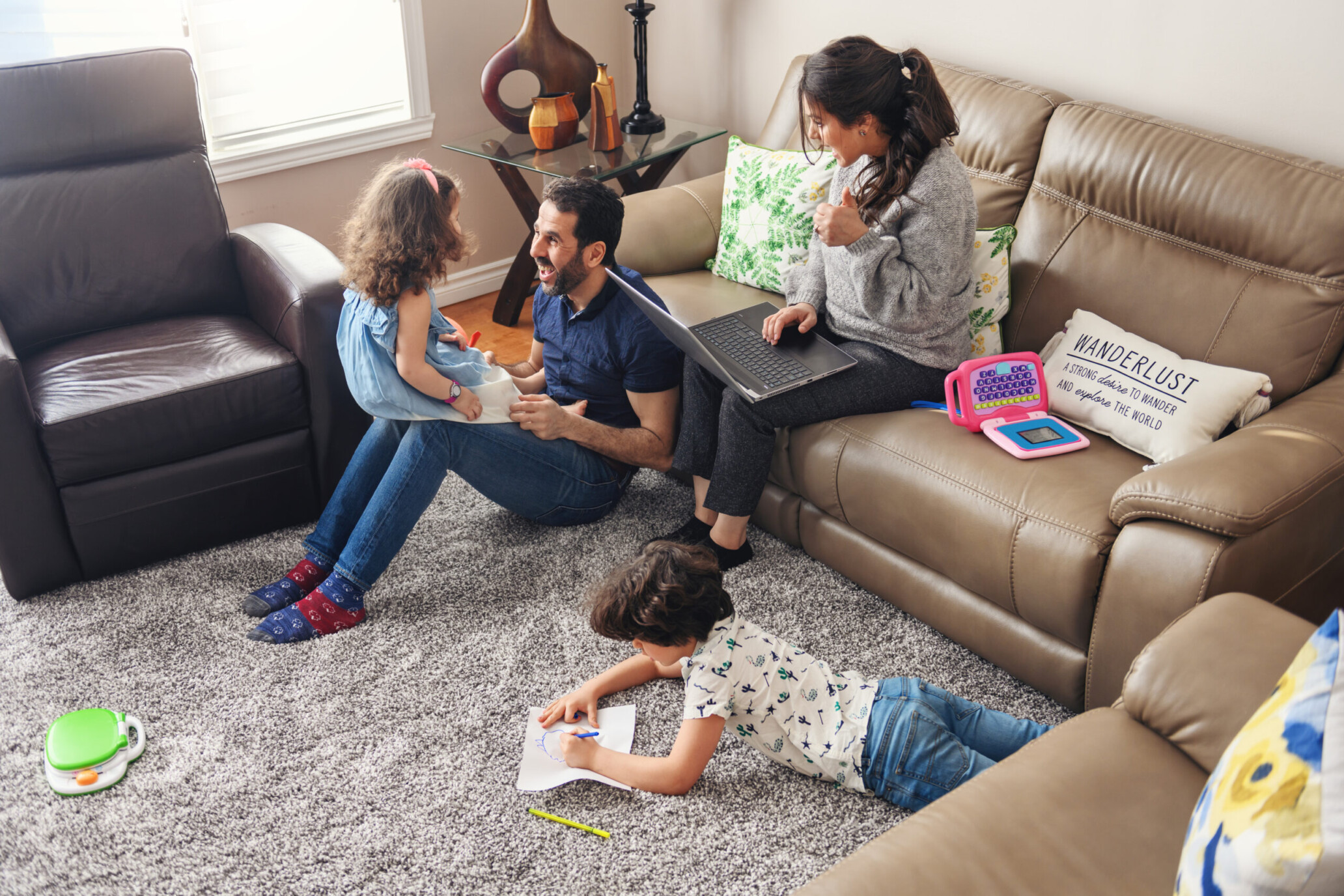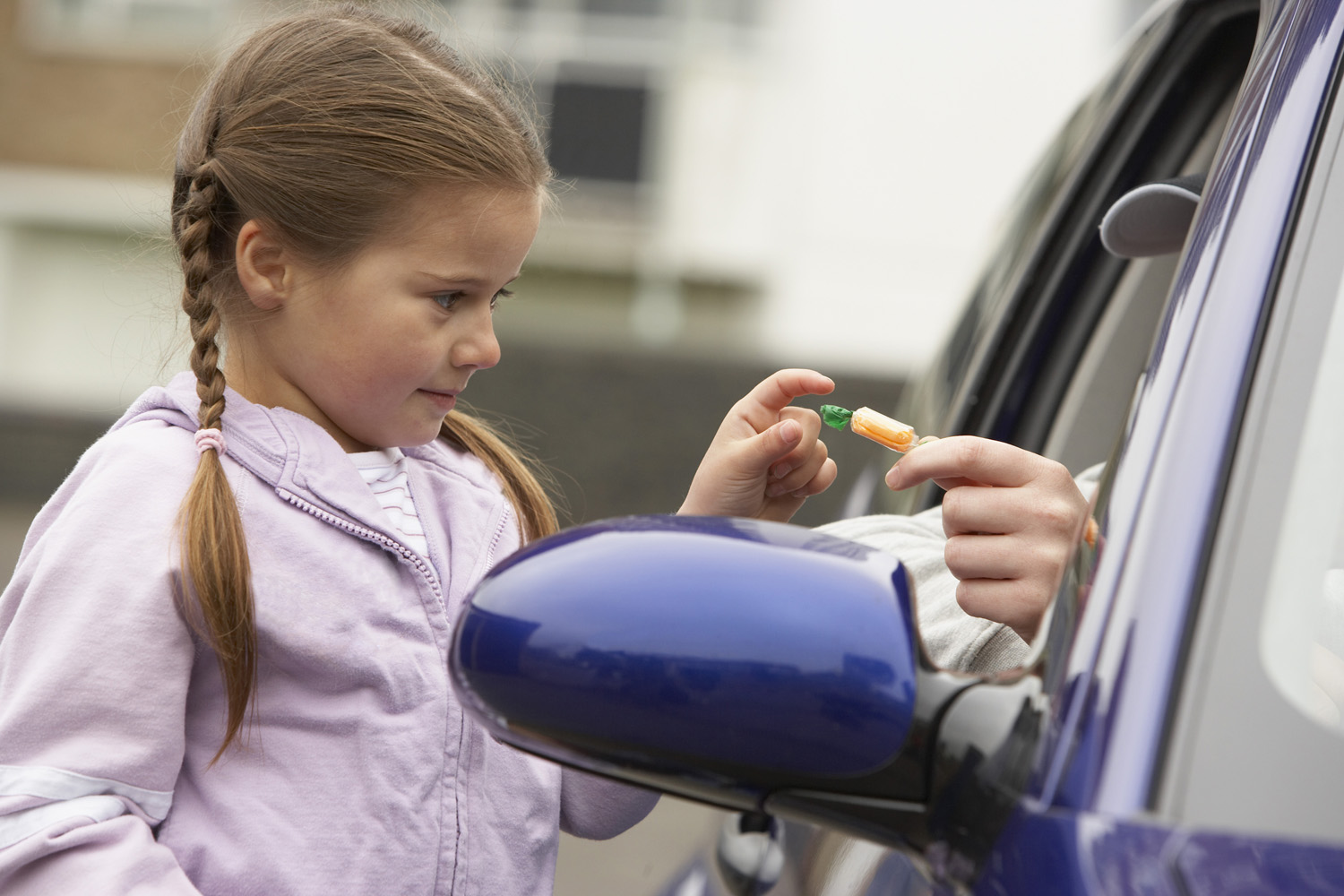Kids and Safety: What to Teach Your Children About Home Safety?

Everyone loved and enjoyed how the young Kevin McCallister tackled the two burglars, if not buffoons, in Home Alone.
But, can you imagine your 8-year-old in such a situation?
Today, professional burglars can go to any extent to achieve their objectives and if you don’t want your kids to suffer in the process, here are some basic home safety rules you need to teach your kid.
#1. Let Your Children Know They Are Safe
If you don’t want to scare the daylights out of your kids, first try to comfort your kid with the notion that the house is already safe and secure before talking about emergencies and burglaries.
Not going in-depth with the dangers of a home invasion and using an appropriate and light tone of conversation might put your kids at ease.
Little tip on how you can start the convo: “Ok, kiddo, today, mama/dada is going to teach you some important things.”
#2. Train Your Children No How to Use an Alarm Security System

First and foremost, parents who have still not invested in a robust alarm system need to implement that necessary measure to reinforce the defense mechanism of their house.
With more than 3 million home invasions reported per year, parents have no choice but to invest in this prudent measure to ensure the safety of their kids. Plus, I’d say it represents so much more than sensors and a siren.
As an effective and professionally designed security system, alarms can raise alerts to a monitoring intermediary in case of significant safety circumstances like break-ins and as a response, an emergency team is quickly dispatched.
Imagine such a scenario takes place in your absence when your kids are alone at home.
Today’s young generation is very familiar with the evolving technology. So, teaching them how an alarm security system works should be an easy task.
A hands-on demonstration is recommended to teach kids the basics of arming and disarming an alarm system, followed by becoming familiar with the alarm noise and identifying the range of different alerts.
How to answer a phone call from the security center should be taught to your kid.
And, when it comes to passwords, make sure your kid can memorize the code, prohibiting them from sharing it with any friends or strangers.
Trust me, this share of responsibility will make them more confident in the line of self-defense.
#3. Do Not Trust Strangers

“Never talk to strangers.”
This has been the golden rule for most parents for generations.
Unless your kids have matured sufficiently, you need to draw the line between what needs to be done and what not when encountering a stranger.
Teach the basic concept of “stranger danger” to your kids.
Don’t just assume your kids will never open the door to someone they don’t recognize. Compared to your assumption, kids are innocent little creatures who can’t distinguish to whom to attribute their trust yet.
It’ll take lots of courage but instilling fear in your kids’ minds might be the only way to ensure your kids don’t open doors to intruders or get tricked by them.
#4. Safety Around Medications

Leave your kids alone at home and they’ll start exploring things you’ve never allowed them to touch.
We’ve all went through that childhood phase where taking strawberry-like junior paracetamol made us crave the whole bottle.
This time, teaching your kids not to touch or not to do this or that won’t be enough. Keeping medications out of their reach and sight is the only way to protect your kids from committing any life-threatening deed.
#5. Never Play With Fire

Sometime and somewhere in New South Wales, five children were arrested for causing some of the most dangerous fires in the neighborhood.
Regardless of the countless times kids are taught to never play with fire, they’ll eventually end up causing some potential danger.
This is because kids are plain curious. Ask them not to touch the iron and they’ll leave everything only to play with it.
What you can do as a responsible guardian is to keep things like matches, lighter or any potentially harmful electrical appliances away from them.
#6. Establish the Purpose of 9-1-1

Teaching your kids not to panic during emergencies is good. But, explaining to your kids when and when not to call the emergency services is better.
Make a list of some of the reasons when your kid can most likely call 9-1-1.
Have your kids ever been the subject of a home intrusion? If yes, would you entrust that sensitive experience with us?
